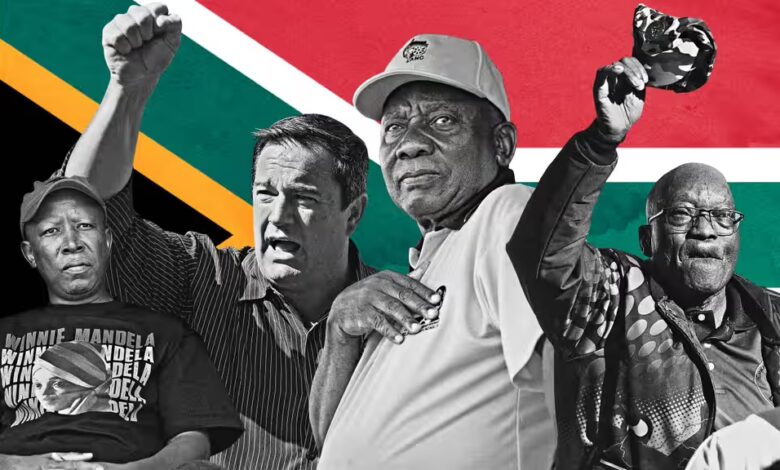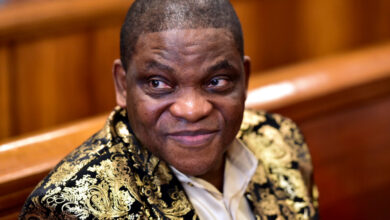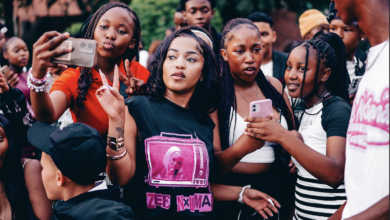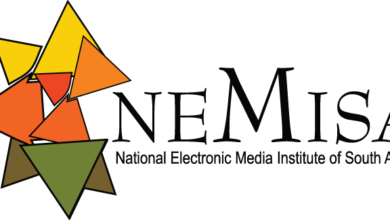DA Rejects Government Of Unity Involving MK Party and EFF

The DA has made it unequivocally clear that their involvement in the GNU is contingent upon the exclusion of the EFF, MKP, and PA. Werner Horn, the DA’s national spokesperson, articulated the party’s position in a recent interview on the SA FM podcast. Horn emphasized that the DA’s refusal to collaborate with these specific parties stems from fundamental policy disagreements, particularly regarding property rights.
“We will not work with the MK and the EFF because of their policies,” Horn stated. “Avoiding these two parties is to protect private property.”
The DA’s firm stance is rooted in deep-seated ideological differences. The EFF, known for its radical leftist positions, advocates for land expropriation without compensation and nationalization of key industries—policies that the DA believes could jeopardize economic stability and private property rights. Similarly, the MKP’s alignment with former President Jacob Zuma brings additional concerns for the DA, particularly in terms of governance and corruption.
Ramaphosa’s announcement of the GNU includes specific requirements that parties must meet to participate. While the details of these prerequisites have not been fully disclosed, they are expected to ensure that participating parties are aligned with the broader objectives of national advancement and stability.
The formation of a GNU represents an ambitious effort to bridge divides and foster a collaborative political environment. However, the DA’s conditional participation highlights the complexities involved in achieving genuine unity. The ANC, under Ramaphosa’s leadership, faces the challenge of balancing inclusivity with the practicalities of policy alignment and governance.
The coming weeks will be crucial as negotiations continue and parties strive to find common ground. The success of the GNU will depend on its ability to reconcile differing political agendas and create a cohesive strategy for South Africa’s future.
As the political landscape evolves, South Africans and international observers alike will be watching closely to see if this unprecedented attempt at unity can overcome the significant ideological and policy-based rifts that currently exist.




